The "What Skills," of mindfulness: observe, describe, participate. Observe means to notice what is happening -- inside us, in the environment, or …
Continue Reading about Observe, describe, and the space created →
Dialectical Behavior Therapy (DBT)
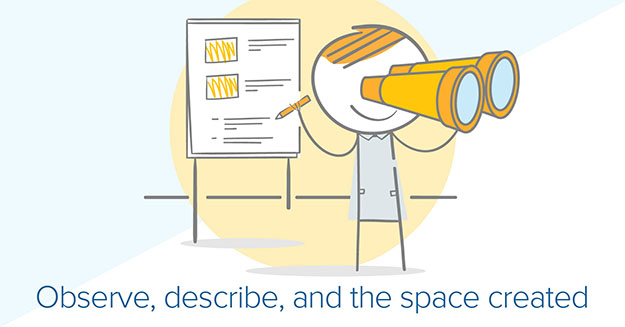
by Kim Sullivan, MFT on
The "What Skills," of mindfulness: observe, describe, participate. Observe means to notice what is happening -- inside us, in the environment, or …
Continue Reading about Observe, describe, and the space created →
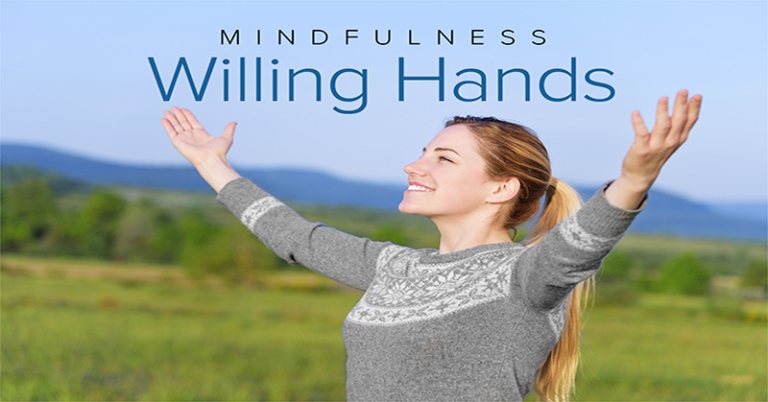
by Kim Sullivan, MFT on
Willing Hands is a DBT skill that came up in conversation this past week. While it is actually a skill that falls into the Distress Tolerance module, …
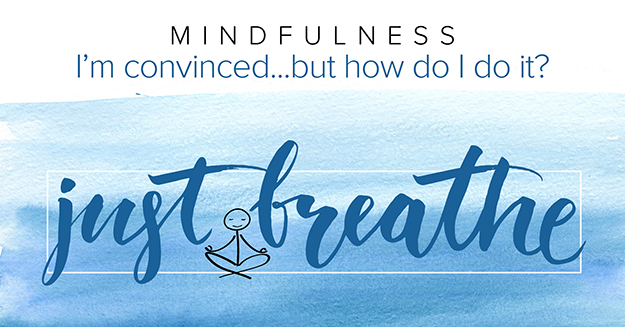
by Kim Sullivan, MFT on
So, after hearing about all the benefits of mindfulness over the past few weeks including research and empirical data, we may be willing to consider …
Continue Reading about I’m convinced that mindfulness can help me, but how do I do it? →
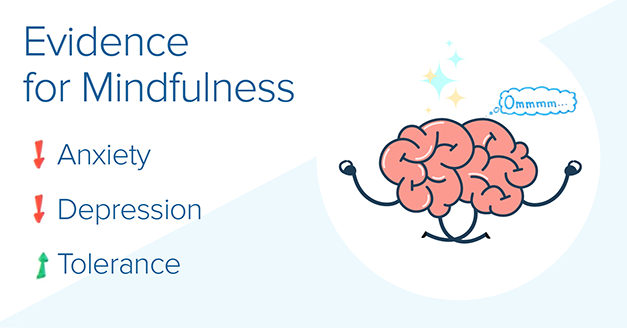
by Kim Sullivan, MFT on
Still not convinced about the value of mindfulness and meditation? Despite the scientific evidence that mindfulness and meditation significantly …
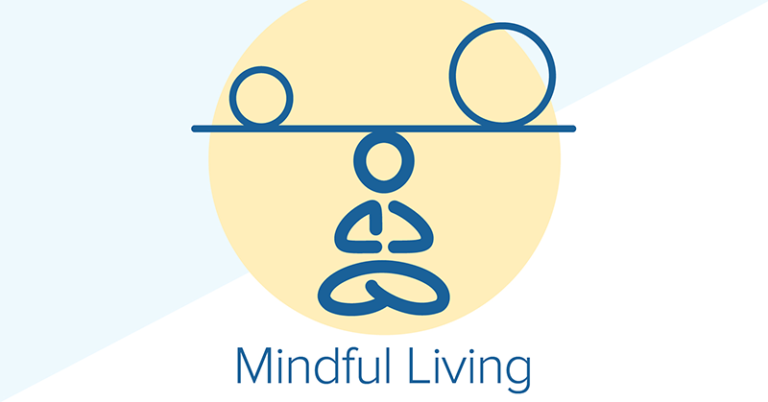
by Kim Sullivan, MFT on
Do one thing mindfully with full attention and with intention. Mindfulness is about paying attention to the present moment. The attention can be …

by Kim Sullivan, MFT on
There is so much that goes into being effective with others. However, it involves being with others. If we avoid or "run away," then there is no way …
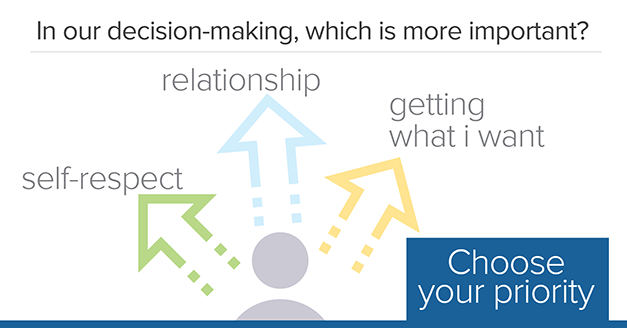
by Kim Sullivan, MFT on
In DBT, we don't necessarily think of discussions or decisions as "battles." However, we do consider balancing priorities with relationships. We …
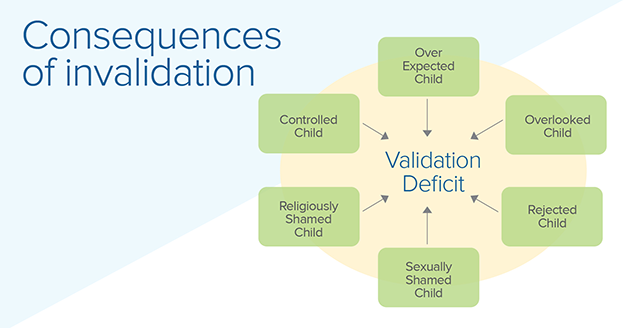
by Kim Sullivan, MFT on
Invalidation is at the root of borderline personality disorder (and other personality disorders). People raised in invalidating environments -- …

by Kim Sullivan, MFT on
A little validation goes a long way. It is an easy concept really -- to acknowledge another person's feelings and to express understanding. We don't …
Continue Reading about A Little Validation Goes a Long Way →
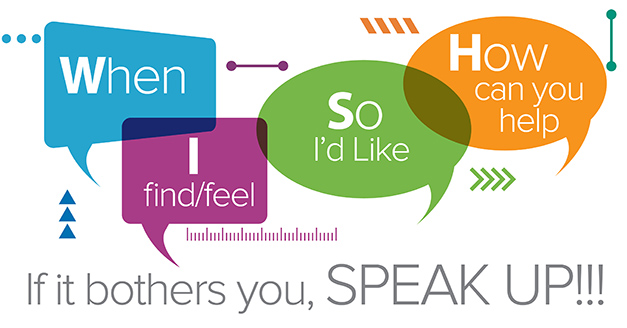
by Kim Sullivan, MFT on
If we don't speak up when someone has done something that upsets us (violated our boundaries), then resentment and anger can build and negatively …